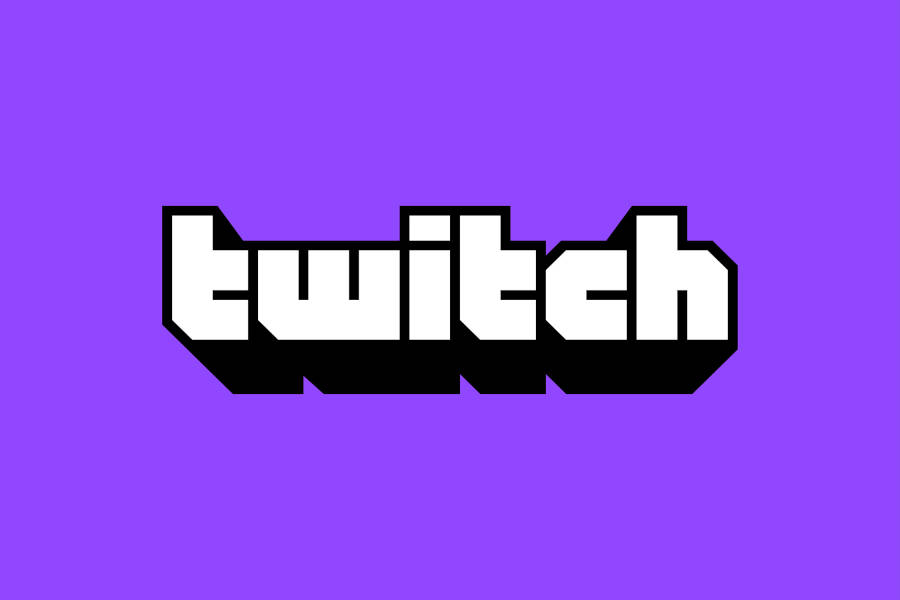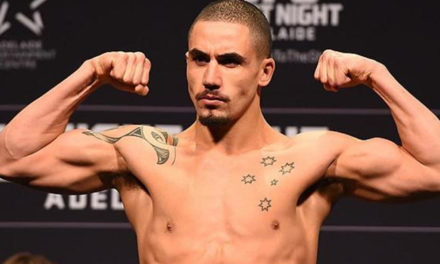A popular streaming platform Twitch and the NMPA have reached an agreement that includes warnings for streamers who have filed DMCA claims before suspension or other action is taken.
Twitch streamers playing licensed music has recently become a contentious subject, and Twitch has now reached a new agreement with the National Music Publishers Association (NMPA) that includes new streamer warnings.
The NMPA keeps a close eye on Twitch’s use of licensed music, and as a result of its efforts to curtail it, Twitch has had to implement additional restrictions to stay in compliance. This has had a range of effects on the platform’s broadcasters, and the new deal only minimally alters the situation.
Twitch has had to take some bold steps to comply with the Digital Millennium Copyright Act (DMCA), including banning streamers who have filed DMCA complaints. Previously, streamers were frequently alerted about copyright accusations against their videos and given the opportunity to contest them.
Faced with mounting pressure from the music business, Twitch abandoned this method in favor of simply deleting videos implicated in copyright claims and advising streamers that it was their responsibility to learn about copyright law and adapt their streams and videos accordingly.This puts the onus on streamers to fix the problem rather than Twitch, which, although beneficial to the company, may make things more difficult for users.
According to the Washington Post, Twitch has reached a new agreement with the NMPA that includes providing warnings to streamers before suspending or punishing them further, as it strives to strike a balance between appeasing the music business and assisting streamers with DMCA claims.
This is in contrast to the past, when DMCA accusations against a streamer were more likely to result in penalties first, followed by warnings.The new policy defines what will result in additional penalties as “going ahead egregious uses of music,” and cites examples such as broadcasting concerts or streaming prerelease recordings. These are helpful, but there is no more explanation as to what else could lead to significant action.
The primary issue on streamers’ minds is, of course, how this will affect them. DMCA allegations come in all shapes and sizes, and some have even been leveled at Twitch streamers’ own videos. Little appears to have changed for streamers under this new guideline. When DMCA claims are filed, their content will still be removed.
They will now be issued warnings before any further action is taken, and if they continue to use licensed music in their streams in a “flagrant” manner, Twitch will take further action. This is a significant change from Twitch’s previous policy of just notifying streamers of DMCA claims and providing them with options for disputing the accusations.
While this is likely to appeal to the music industry, it may not be warmly received by streamers. Twitch is being forced to come up with new policies on the fly as the NMPA seeks further action from the firm due to the friction between Twitch streamers and the music industry. It’s unclear how the rules may evolve in the future. This is a difficult problem to address, and the debate persists.







